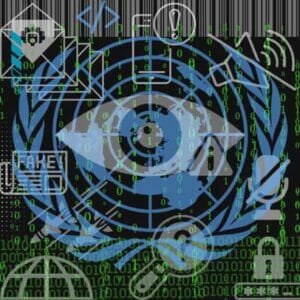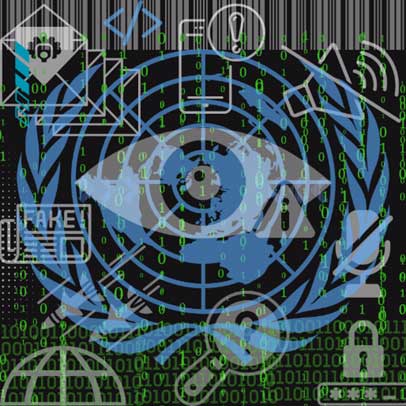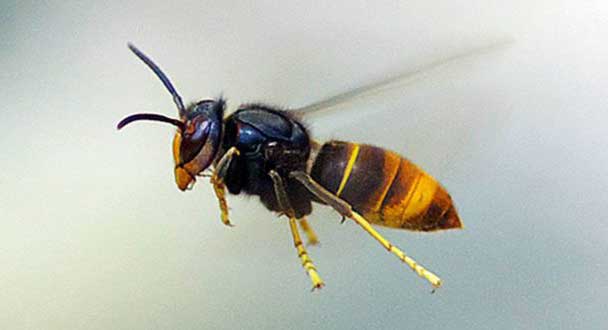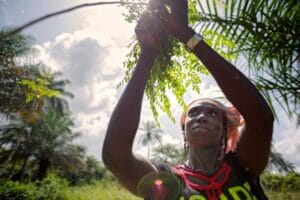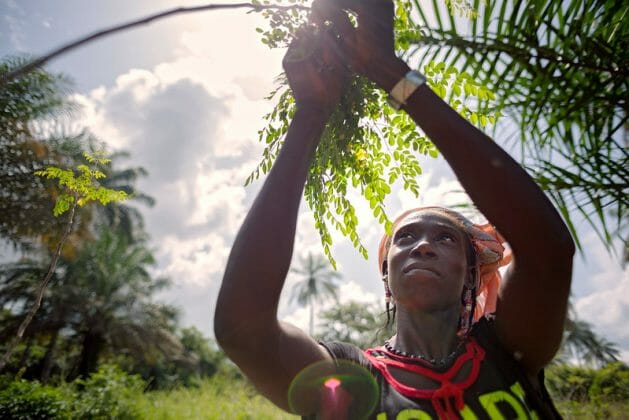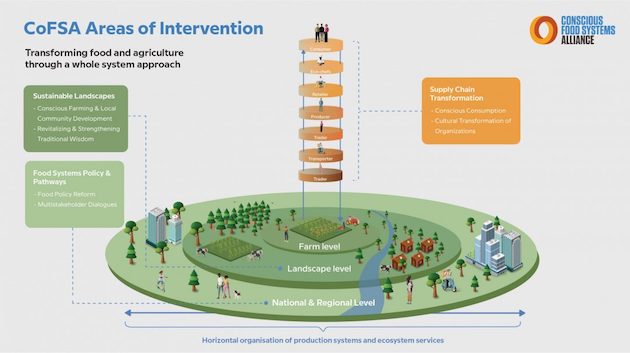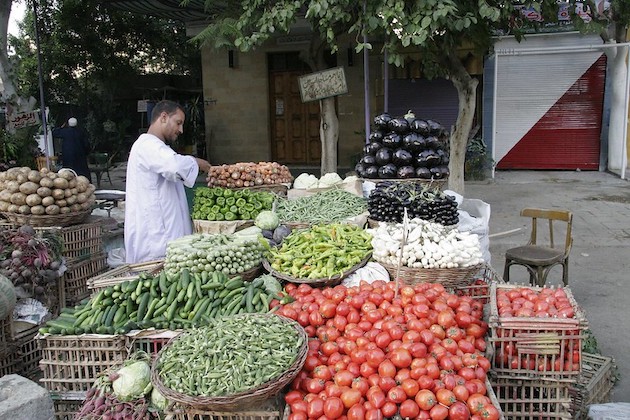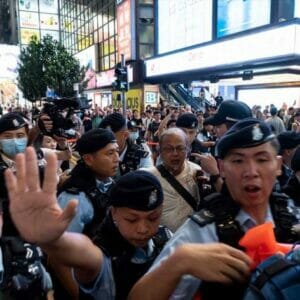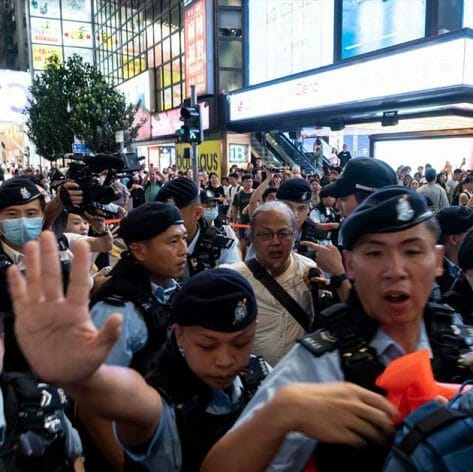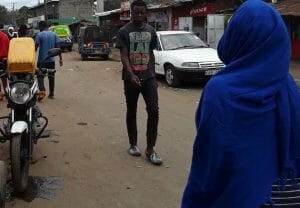

Irene Grace says human rights defenders hiding in Kenya fear harassment and intimidation due to a decline in civic rights. Credit: Joyce Chimbi/IPS
By Joyce Chimbi
NAIROBI, Jun 20 2023 (IPS)
While leaving one’s country and becoming a refugee is a last resort, it is a decision that many, like Steve Kitsa, have had to make. As conflict becomes increasingly protracted in many African countries, many others will take this step.
“In a matter of life and death, I fled the Democratic Republic of Congo (DRC) five years ago and left my elderly mother behind. One day we were seated in a group of young men, chatting and enjoying the morning sun, when a lone gunman in uniform approached us and started firing away unprovoked. Such incidences had become too common in the eastern region, and some of my friends were killed,” Kitsa tells IPS.
Kenya hosts one of the largest refugee populations in Africa. Kitsa is one of more than 520,000 registered refugees and asylum seekers. But human rights defender Irene Grace, who fled Uganda two years ago, says the number is much higher because borders are porous.
Nevertheless, official records show that about 287,000 refugees come from Somalia, 142,000 from South Sudan, 50,000 from DRC, and 32,000 from Ethiopia; many live in Dadaab and Kakuma camps.
Others, like Kitsa, have found their way into the urban centers of Nairobi, Kisumu, Mombasa, and Eldoret. Outdated statistics from 2017 indicate that more than 67,267 refugees live in Nairobi.
“There is a lot of exploitation because we need the locals to survive. Along the highways, you will find many young men hawking peanuts. You can tell they are from DRC because of the kind of Swahili they speak. They sell these peanuts under the hot sun, all day, every day, in exchange for a plate of food and somewhere to sleep as the profits go to the host. Most of us are desperate to go to France,” he explains.
Irene Grace fled Uganda for promoting the rights of the LGBTQI community as the country clamped down on their rights. As the government-endorsed crackdown against the community intensified, so did threats against her life.
“The issue of human rights defenders in exile is one aspect of the refugee situation that is hardly ever talked about. The risk is very high because you are under an alias in a foreign country, and if murdered, you are likely to remain unidentified for a long time, and it might take years to connect the dots. The question of who bears the duty of protection for us remains unanswered,” Grace says.
Her fears and concerns reflect the 2022 report findings by the global civil society alliance, CIVICUS, and the Kenya Human Rights Commission (KHRC), highlighting the decline in civil rights in Kenya. According to the report, the government was using excessive force to quieten dissent.
Kenya was placed on the CIVICUS Monitor’s human rights ‘Watchlist’ in June 2022. The Watchlist highlights countries with a recent and steady decline in civic freedoms, including the rights of free speech and peaceful assembly.
Kenya was rated Obstructed by the CIVICUS Monitor. There are 42 countries in the world with this rating. The rating is typically given to countries where power holders heavily contest civic space and impose a combination of legal and practical constraints on the full enjoyment of fundamental rights.
In 2021, Front Line Defenders released a report accusing the governments of Uganda and Kenya of giving the South Sudanese National Security Service (NSS) intelligence agency the freedom to target refugee human rights workers who fled the country.
“It is very difficult to continue with activism in such a hostile environment, on top of the many other challenges confronting us, such as a lack of documentation and access to services. Some of us left our families behind, exposed and unprotected. Over the eight years, I have lived in Kenya, I have received many threatening calls from South Sudan, but I know the information of my whereabouts came from within this country,” Deng G, an activist from South Sudan, tells IPS.
“Our situation worsens when local activists are targeted. In exile, you must connect with local networks to survive and continue with your activism. I am aware of activists in Kenya currently being held without trial for protesting against the high cost of living.”
KHRC continues to express concerns over the misuse of laws to undermine peaceful protest and recently responded with speed when five activists from the Social Justice Center, a Nairobi-based grassroots group, were arrested during a peaceful protest against the controversial Finance Bill 2023.
A pre-independence Public Order Act requires activists to notify authorities of protests at least three days in advance. Police have mistakenly understood the provision as a requirement for protests to be approved or denied, using it as an excuse to deem protests ‘unpermitted.’ Even though the right to peaceful assembly is guaranteed in Kenya’s constitution, it is continually undermined, says CIVICUS and KHRC.
Irene Grace says ongoing hostilities have derailed efforts to promote the safety and security of LGBTQI asylum seekers and refugees in the Kakuma Refugee Camp complex in northwestern Kenya whose lives are at risk. She says they are experiencing discrimination, and physical and sexual violence, among other forms of human rights violations.
“I am unable to travel there to determine how we can mobilize and improve their safety, working hand in hand with grassroots activists in Kenya. There are corrupt security officers, and once they discover you are hiding in the country, you become a target. They want you to pay them to turn a blind eye as you go on with your activities,” she says.
Kitsa says the issue of bribes is a most pressing challenge for many refugees seeking to integrate with the locals.
“They usually threaten to send you to the refugee camps despite having refugee documentation allowing you to live among the locals. They can create many problems for you.”
Against this backdrop, Irene Grace says activism is being suppressed from multiple angles, and human rights activists, local and those operating from exile, must now go back to the drawing board to find safer, impactful ways to speak truth to power and take the powers that be head-on.
IPS UN Bureau Report
Excerpt:
Home Away From Home is the theme of World Refugee Day 2023. However, for many, including human rights activists who have fled their homes, a decline in civil rights in their host countries means their lives are often endangered and their activism curtailed. Source

